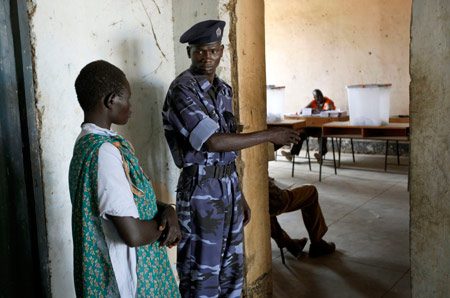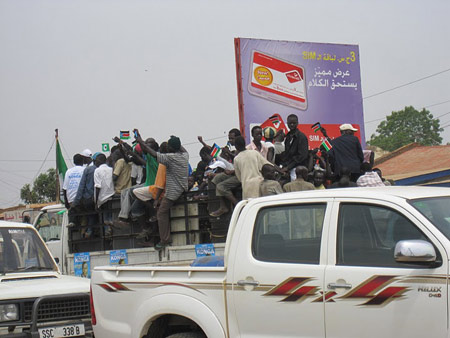


“The Western Equatoria State government really made a mistake,” said a member of one of the international observation missions recently in South Sudan for the elections. “The [incumbent] Governor [Jemma Nunu Kumba] underestimated the consequences of these actions,” said the observer, referring to some of the heavy-handed measures employed by the organized forces present in the state. The Government of Southern Sudan should engage constructively with the locally popular new governor, including by conducting a credible investigation into the allegations of electoral malfeasance. This will be crucial to help rebuild a measure of local confidence in the southern government as the referendum approaches.
Intra-South tensions won’t go away with the referendum
The people of southern Sudan deserve credit for participating peacefully in the polls and for accepting the results even in cases where they perceive that the contest was not free and fair. Their leaders, particularly the newly elected, SPLM-dominated government in Juba, must follow this example and begin the hard work of resolving some of the local tensions described above before they turn into much broader conflicts within the South following the referendum.

